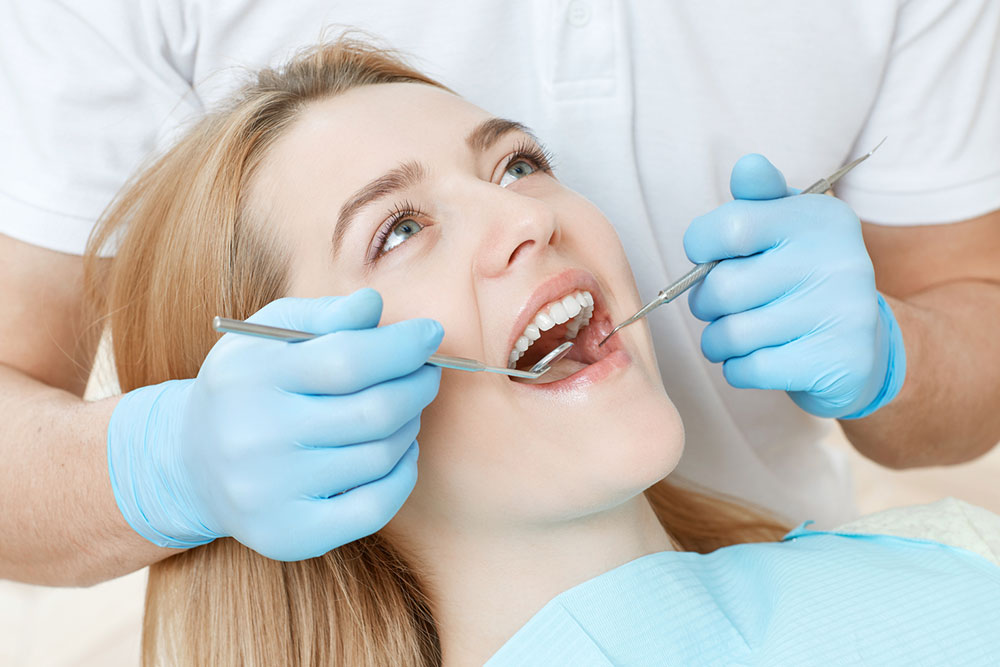
Ways to keep your gums healthy
When it comes to caring about your mouth, it isn’t always about how bright your teeth are or how vibrant your smile looks. Even if you have cavity-free teeth, it simply says nothing about how healthy your gums are. Since most gum diseases are usually painless, a number of people suffering from them don’t even realize that they have one.
Proper gum care can help in keeping your gums healthy. Let’s get to know about a few measures to protect your gums.
- Flossing
Flossing, at least once a day, helps in removing the plaque and tartar that is usually beyond the reach of your toothbrush. It doesn’t matter during what time of the day you floss, but simply doing it is essential. - Get dental cleanings done regularly
Dentists can usually detect gum disease symptoms if you see them regularly, which helps in treating them even before the disease actually begins to appear or become a serious issue. Professional cleaning is the only way to eradicate tartar and plaque completely from the root, which is not possible with the use of a toothbrush. - Quit smoking
Smoking is strongly associated with the onset of a number of oral health diseases, gum disease being one among them. According to a report submitted by the Centers for Disease Control and Prevention (CDC), smoking considerably weakens the immune system, which makes it difficult to fight off gum infections. Additionally, smoking makes it difficult for the gums to heal once they have been damaged. - Use fluoride toothpaste
Always make sure that your toothpaste contains fluoride and the ADA’s seal of acceptance. This should be the basic rule while choosing any toothpaste. You can decide on the color and flavor later. - Brushing twice a day
Brushing your teeth after every meal helps remove any food or plaque that might have gotten trapped between your teeth and gums. While brushing your teeth, scrub your tongue too since it can harbor bacteria. Your toothbrush should fit inside your mouth comfortably and have soft bristles. Electric toothbrushes can remove plaque more effectively than normal toothbrushes; hence, using them is a great idea when it comes to maintaining good oral hygiene. Swapping toothbrushes every 3-4 months or sooner — if the bristles start to fray — is of utmost importance. - Use a therapeutic mouthwash
Therapeutic mouthwashes are usually available over-the-counter. They can effectively help reduce the speed of tartar development and plaque. They also prevent and reduce gingivitis according to the ADA. Apart from this, a rinse is always effective when it comes to removing debris and particles from the mouth.
Following these simple gum care practices and consuming foods rich in nutrients go a long way in helping you maintain good overall oral health.


